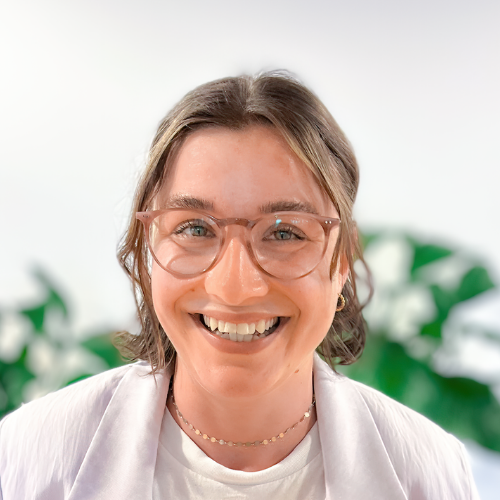sun day
Vitamin D has a direct impact on muscle and bone density – but only 10-20% of the requirement can be covered through food. The most important source is sunlight.
In the scientific sense, vitamin D is not a vitamin but a hormone because the body can produce it on its own. Consequently Zurich University Hospital Our skin can produce the D hormone (vitamin D) through sunlight. Only 10-20% can be eaten through the diet, mainly oily fish, eggs, dairy products, mushrooms and avocados. Despite the importance of vitamin D, 50% of the Swiss population suffers from a deficiency – how does this happen?
European winters and genetic conditions
The main cause of vitamin D deficiency is the insufficient intensity of the sun throughout Europe from November to May. Distributed throughout the year, people generally spend very little time outdoors.
There is also a dilemma between sun protection and vitamin D production. Sunscreen prevents vitamin D production but it is very important for preventing skin cancer.
Another factor for vitamin D deficiency is age – as we age, the skin’s production of vitamin D decreases. According to the University Hospital Zurich, age-independent factors for reducing vitamin D production are dark skin color, obesity, and poor absorption of the nutrient in the intestines (malabsorption).
Consequences of vitamin D deficiency
Vitamin D affects the absorption of calcium in the intestine and controls its incorporation into the bones. Thus, according to the University Hospital Zurich, an increased intake of vitamin D leads to stronger bones. In addition, vitamin D has a direct effect on muscle strength. If there is a deficiency, the muscles become weaker and the bones more brittle.
In addition to the physical symptoms of vitamin D, the psychological consequences should not be neglected — a vitamin D deficiency can lead to depression and mood swings. But there is nothing scientific The relationship between seasonal depression, also known as winter depression, and vitamin D deficiency.
More vitamin D – less fall?
According to a study conducted by the University of Zurich, 80% of all elderly people with hip fractures suffer from vitamin D deficiency. Fall risk and vitamin D deficiency are linked – when there is a deficiency, muscles weaken and people fall a lot. In addition, bone density is lower, which increases the risk of bone fractures. Therefore, it is useful to take vitamin D for the elderly. It is best to discuss this with your family doctor.
Vitamin D production in animals
Unlike humans, animals cannot produce vitamin D on their own and depend entirely on their dietary intake. Liver, egg yolks, and fatty fish contain plenty of vitamin D, and fish oils, such as cod liver oil, also contain plenty of vitamin D.

